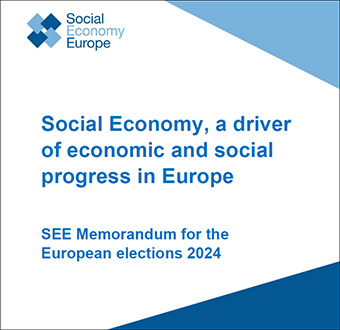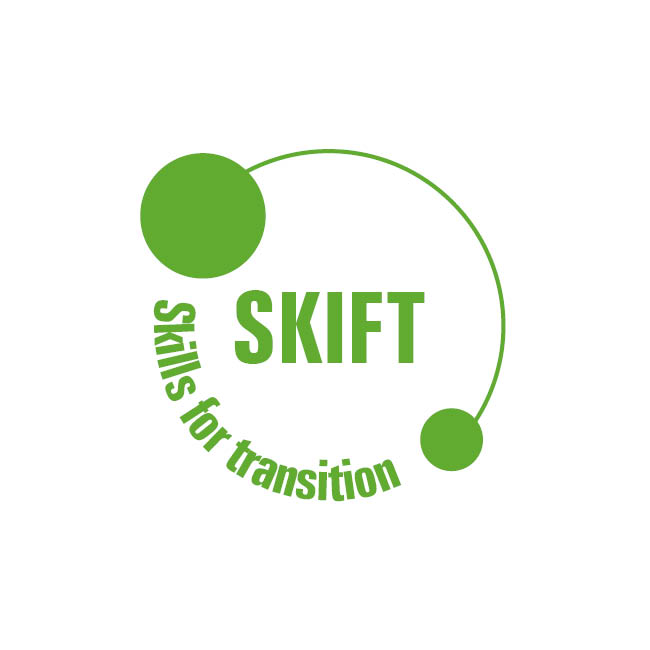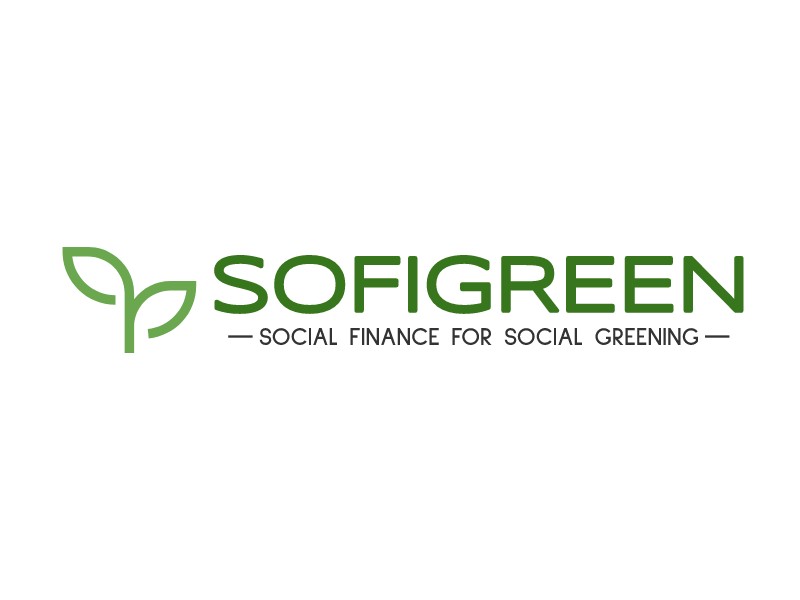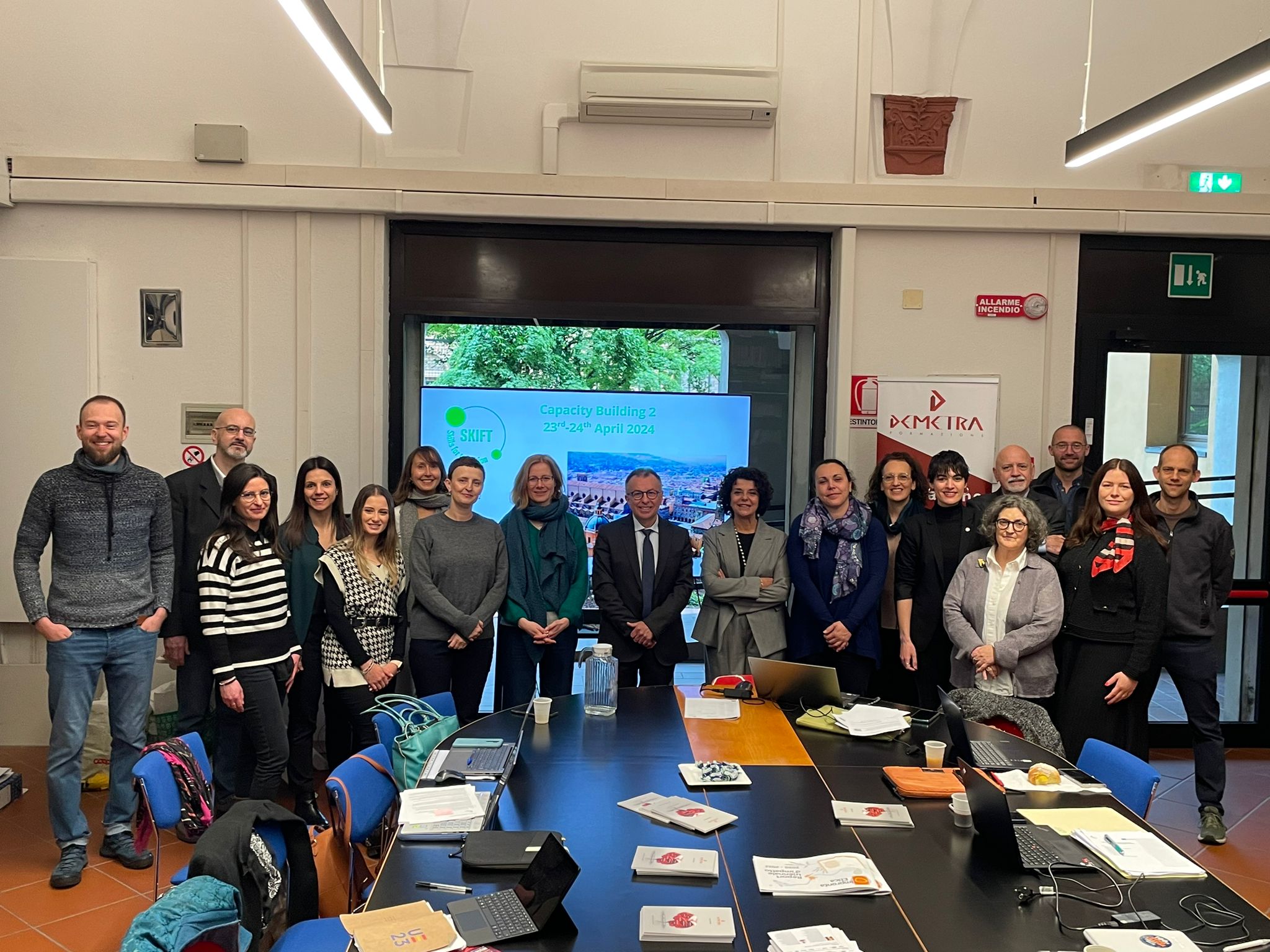The potential of (serious) games or gamification for achieving greater learning successes – targeting also, but not exclusively young persons – is increasingly recognized by educators and training providers. Also in the field of skills development these elements are being increasingly used and a large variety of games/gamified elements has been or is being introduced and tested.
A distinction has to be made between game-based learning and gamification. Game-based learning is a teaching strategy which uses games (different type and format) to convey a specific content and reach learning objectives. Gamification is the application of game mechanics (Charts, Progress bars, Points, Levels, Awards …) in non-game contexts (1)
In this article three online games/gamified learning approaches will be presented in order to demonstrate possibilities to use this type of approach in different learning contexts, with a variety of learner profiles, in combination with different learning methods, etc.
Competences for Effective Labour Market Entry (COMPETE) – The game
Tackling soft skills gaps of (graduate) students and therewith increasing employability of the latter is the objective of the initiative “Competences for Effective Labour Market Entry” (COMPETE) – co-financed by the Erasmus+ programme of the European Union – and the training package which has been developed as a result of the initiative.
An online game, which is part of the aforementioned training package, places the individual player in a fictive setting – an island on which the player arrives to assist the local government in local development processes. The player is confronted with a number of challenges and possible solutions. She/he is invited to test her/his skills and make most appropriate choices in a process of consultation of different “experts” presenting different profiles and points of views.
The gaming process focuses specifically on the development of a (selected) number of soft skills: Problem solving (and creativity), communication (including emotional intelligence), stress tolerance and teamwork.
Even though it has been designed for the individual player, it is recommended to integrate the gaming process into a larger training process which may contain on- and/or offline elements. The COMPETE training package proposes different modules and material for this process.
The COMPETE game was developed by UNIR in the framework of the European COMPETE initiative (financed under the Erasmus+ project). It is currently being tested and evaluated by VET organisations in 6 EU Member States (Belgium, Denmark, Greece, Italy, Lithuania and Spain).
The game is accessible for free under the following link: https://prerd.unir.net/compete/
The complete COMPETE training package can be found here: https://competeproject.eu/
COOPCAMP
COOPCAMP, a training package on cooperative entrepreneurship for pupils of secondary school combines online gamification elements and experiental learning with more traditional learning and teaching methods.
It fosters the appropriation of relevant skills through a narrative and interactive process, based on specific on- and offline exercises and simulations that are carried out by a GROUP of pupils. This collective learning approach appeared to be a logical choice given the main objective of the training – the development of skills linked to cooperative entrepreneurship.
The content of the story used in the gamification is based on a pattern of meanings familiar to the pupils. The initial scenario refers to narrative situations reminiscent of teen dramas, a format that has become very popular in recent years.
As the story evolves, the narrative action shifts towards situations more related to co-operative themes, trying to meet the educational needs of the project without losing the main theme of the adventure. Pupils are invited, partly on their own and partly together with their teachers, to experience the possibility and effectiveness of using co-operative principles in the realisation of a specific mission, discovering in the different steps the meaning of the principles and their concrete application.
The training package also suggests complementing the virtual journey and face-to-face interaction with the teacher in the classroom by a series of short moments of immersion into the real life of co-operatives, i.e. through visits and meetings with co-operators.
COOPCAMP was developed by cooperatives/platforms of cooperatives from five EU Member States and training experts from the University Rome Tor Vergata under project leadership of REVES, the European Network of Cities and Regions for the Social Economy. The training package has been tested and evaluated by 73 schools and approximately 500 pupils from Belgium, Italy, Poland, Spain and Sweden.
The training package, including the game, is accessible for free here: https://www.coopcamp.eu/
THE COOPERATIVE
Objective of the game “The Cooperative” is to invite the players to reflect on and improve knowledge and skills needed for cooperative entrepreneurship..
The game has to be played collectively, in groups, in order to increase the learning experience that is once again focused on collective – cooperative – entrepreneurship.
More specifically, through the immersion in a fictional setting based on story-telling, players are invited to jointly discuss and tackle dilemmas in front of which cooperative entrepreneurs might find themselves in the different stages of development of their cooperative and jointly make related choices.
Dilemmas and questions the players are confronted with relate to different stages of development of a cooperative (further development/challenge of what might already be perceived acquired competences) – thus different type of knowledge and skills to be activated/reinforced/developed.
Players are invited to take on the role of one of the co-operators of a cooperative operating in the knowledge-based – and more specifically Big Data – sector. The game describes each of the co-operators, from among which the player may choose, with a specific profile (including specialists regarding HR, Big Data/IT, civil engineering and relationships with local authorities and policy-makers in general, social analysis, rhetoric, sustainability …)
The game is built on ActeeChange, a concept specially developed to help people understand and manage change. As a dilemma game it is specially developed to increase players’ knowledge of change processes and the organizational dynamics in the wake of any change a team, company or institution is subjected to.
Ideally, the game should be played in the framework of on-and offline moments, accompanied by trainers facilitating reflections and discussions within the group.
“The Cooperative” was developed in the framework of a transnational cooperation between universities, social economy organisations, other type of training organisations and civil society as well as trade unions.
The game can be accessed for free here: https://www.futureknowledgework.com/gamification
From the test of the aforementioned games/gamified learning approaches with pupils, students and (future) entrepreneurs the potential of this type of learning process became once again evident – and this despite differences regarding objectives, method (combination or not of different elements), the fact of addressing individual players or groups, …
However, experimentation showed the importance also of the availability of a trainer/reference person/facilitator. The integration into a more hybrid training process which combines on-and offline elements, thereby facilitating an interactive exchange between players, trainers and – if applicable – other ‘real life’ actors, appears useful.
It is then up to learners and trainers/facilitators to adapt (the use of) the gaming approach/instrument to their specific training needs and context and add additional elements, if considered appropriate. A certain flexibility in the use of all three games is possible and represents an additional added value.
(1) Intervention of Alessandro Soriani, Professor at the University of Bologna, at the COMPETE final conference on 31 May 2022 in Barcelona.
Read More
2021: A YEAR OF ACTION FOR SOCIAL ECONOMY – STATEMENTS BY REPRESENTATIVES OF EUROPEAN CITIES AND REGIONS
[:en] Despite all challenges and uncertainty at the beginning of this new year: local/regional governments…
An alternative approach to skills, employability and job creation: Women and territories at the centre
Webinar, 12 November 2020, 10-12 am Nothing brought them to light more clearly than the…
International alliance supporting position paper on digital transition/platform cooperatives
Digital transition is at the centre of proposals linked to the EU Recovery Plan, Cohesion…
Covid-19: EU measures/Potential support and obstacles for the social and solidarity economy
In the current Covid-19 context, the European Commission has tabled a number of proposals to…
 Docs
Docs  Support
Support 






